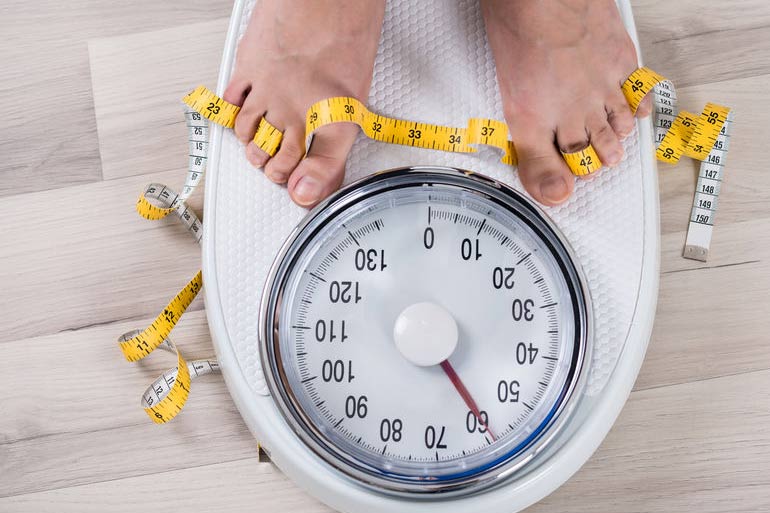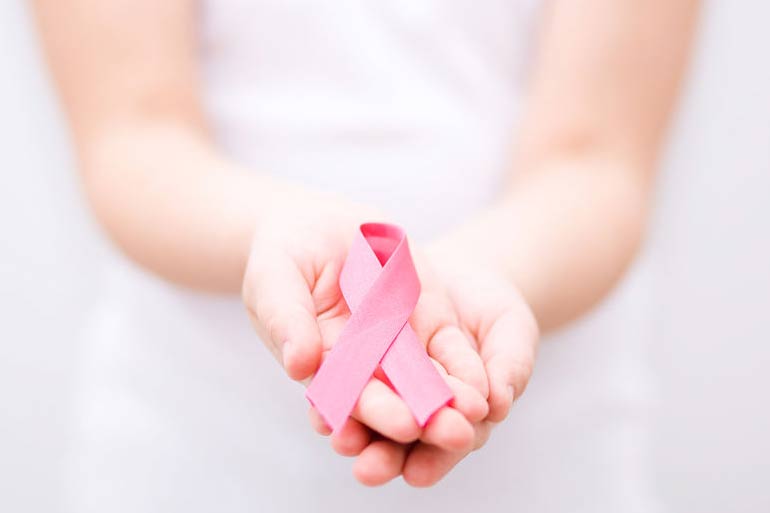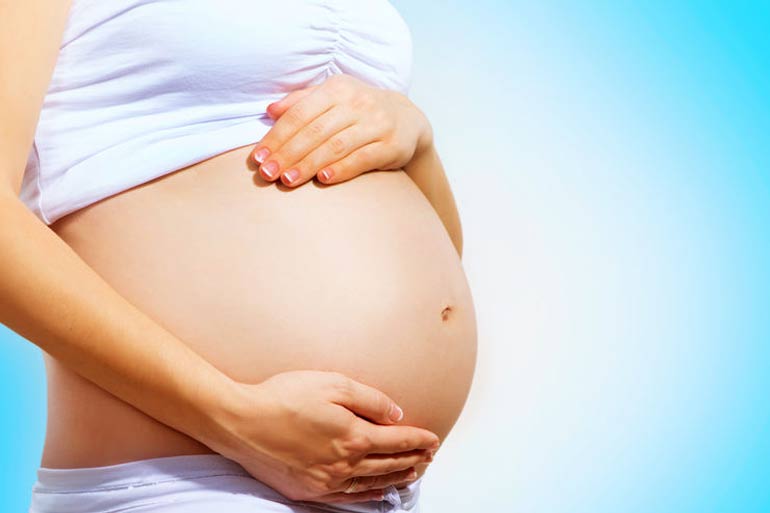WARNING: unbalanced footnote start tag short code found.
If this warning is irrelevant, please disable the syntax validation feature in the dashboard under General settings > Footnote start and end short codes > Check for balanced shortcodes.
Unbalanced start tag short code found before:
“Another study declares that the later a woman stops menstruating, the higher are her risks of getting breast cancer. This can be further narrowed down to specific kinds of breast cancer – such as lobular tumors and estrogen-sensitive cancer.”
It’s usually hard for women to forget their first period. By the time we are in our 20s, we become seasoned “period pros” – never to be caught dead without our supply of chocolates, hot water bottles, sanitary napkins, and tampons.
Not many of us know, however, that the age you got your first period forms a crucial piece of your medical profile. It can be an indicator of many interesting things about your nutrition, future health, and even your life.
Your first period is termed as “menarche”, whose specifics can tell you more than you can imagine.
1. It May Affect Your Weight

Research claims that an early menarche is strongly linked to weight gain in early adulthood and obesity later on in life. Or, the scale reading may decide what the age of your first period should be.[ref]Bralić, Irena, Husref Tahirović, Dubravka Matanić, Ozren Vrdoljak, Stanislava Stojanović-Špehar, Vedran Kovačić, and Sanja Blažeković-Milaković. “Association of early menarche age and overweight/obesity.” Journal of Pediatric Endocrinology and Metabolism 25, no. 1-2 (2012): 57-62.[/ref]
As far as the explanation is concerned, it’s tough to say which comes first. However, an early menarche is associated with a higher body mass index (BMI) in childhood. And those children who struggle with weight problems are most likely to deal with a much higher BMI in adulthood.
2. It Can Predict Your Risk Of Heart Disease

If you got your period either too early (before the age of 10), or too late (after 17), you may stand at an increased risk of heart disease when you’re older.[ref]Canoy, Dexter, Valerie Beral, Angela Balkwill, F. Lucy Wright, Mary E. Kroll, Gillian K. Reeves, Jane Green, and Benjamin J. Cairns. “Age at menarche and risks of coronary heart and other vascular diseases in a large UK cohort.” Circulation (2014): CIRCULATIONAHA-114.[/ref] Researchers studied 1.2 million women who didn’t report even a single case of cancer, heart disease, or stroke. These women were then segregated into groups based on what age they were when they got their first period. Girls who reported getting their menarche when they were aged 10 years or younger, or 17 and older stood a 27% higher chance of being hospitalized or even dying from heart disease in their later years.
The researchers attribute these findings to both underweight and overweight problems and the corresponding pressure that this causes the heart.
3. It Can Predict Your Risk Of Diabetes

Studies claim that women who start their first period early faced a higher risk of type 2 diabetes in comparison to those who started menstruating in their teens.[ref]Day, Felix R., Cathy E. Elks, Anna Murray, Ken K. Ong, and John RB Perry. “Puberty timing associated with diabetes, cardiovascular disease and also diverse health outcomes in men and women: the UK Biobank study.” Scientific reports 5 (2015).[/ref] We have already established the fact that early menarche is associated with a higher BMI later on – which is a major risk factor for type 2 diabetes.
It is also possible that an increase in insulin resistance may play a role as well. The onset of puberty comes with hormonal changes which may trigger a benign increase in insulin resistance. Getting your period at an early age means your body is already exposed to the hormones of puberty. This could be responsible for a steady, but persistent change in insulin sensitivity. This, in turn, can permanently change the risk for diabetes later in adulthood.
4. It May Affect Your Breast Cancer Risk

It has been established that women with a longer period face a higher risk of breast cancer.
If your first period came before the age of 12, which is almost the national average, you should definitely test yourself for breast cancer frequently as you face a 20% higher risk of breast cancer at some later point in life.[ref] Another study declares that the later a woman stops menstruating, the higher are her risks of getting breast cancer. This can be further narrowed down to specific kinds of breast cancer – such as lobular tumors and estrogen-sensitive cancer.[ref]Breast cancer and periods: link more important in specific cancers. University of Oxford.[/ref]
Once again, this is because of your body’s exposure to hormones. Your body is exposed to estrogen and period-causing hormones, especially when you get your first period. Getting your period earlier than 13 means your body has to face a greater number of period-filled years. As a result, your body stands a higher chance of developing breast cancers that are hormonally sensitive.
5. It Can Predict The Health Of Your Pregnancies

According to research, women who get their first period early are more likely to experience pregnancy complications such as preeclampsia when compared to those who started menstruating at 13.[ref]Abetew, Dejene F., Daniel A. Enquobahrie, Michal Dishi, Carole B. Rudra, Raymond S. Miller, and Michelle A. Williams. “Age at menarche, menstrual characteristics, and risk of preeclampsia.” ISRN obstetrics and gynecology 2011 (2011).[/ref] Plus, if you’re overweight or obese and had your menarche before 11, you stand at an even higher risk.
Preeclampsia is a condition characterized by high blood pressure and indications of damage to other organs, especially the kidneys. If this condition is left untreated, it can be fatal for both the woman and her baby.
6. It May Predict How Long You Live

Based on data from the Women’s Health Initiative, researchers at the University of California in San Diego tracked 16,000 postmenopausal women.[ref]Shadyab, Aladdin H., Caroline A. Macera, Richard A. Shaffer, Sonia Jain, Linda C. Gallo, Margery LS Gass, Molly E. Waring, Marcia L. Stefanick, and Andrea Z. LaCroix. “Ages at menarche and menopause and reproductive lifespan as predictors of exceptional longevity in women: the Women’s Health Initiative.” Menopause 24, no. 1 (2017): 35-44.[/ref] The result? A bizarre but true conclusion where those women who started their period later than the usual age are more likely to celebrate their 90th birthday.
Furthermore, women who reach menopause, much later, say at over 50 years of age, are likely to live longer as well. It is equally important to note that late period starters and late period stoppers were also less likely to take to cigarettes and have diabetes.
It’s still a little hazy as to what the age of your first period has to do with your lifespan. However, researchers declare that it’s probably because women who start their cycle at a later age are less likely to experience health complications like heart disease. Also, women who reach a late menopause are also most likely to be healthier – facts that automatically translate to having a longer lifespan.
Remember
Regardless of whether you got your period at 10 years old or at 18 – you don’t have to get too paranoid thinking you’re definitely going to get breast cancer. Neither does it mean you can be complacent about your health when you hit menopause.
There are plenty of other factors such as unhealthy eating and smoking that help influence the likelihood of you getting such diseases and your health in general.
A healthy lifestyle is key to a long, happy life span. Stick to a healthy diet, get some exercise every day and pay attention to your weight and other little signs that your body keeps sending you to signal something gone wrong. This, coupled with abstinence from bad habits like drugs and smoking, and regular medical check ups can make a world of difference!




